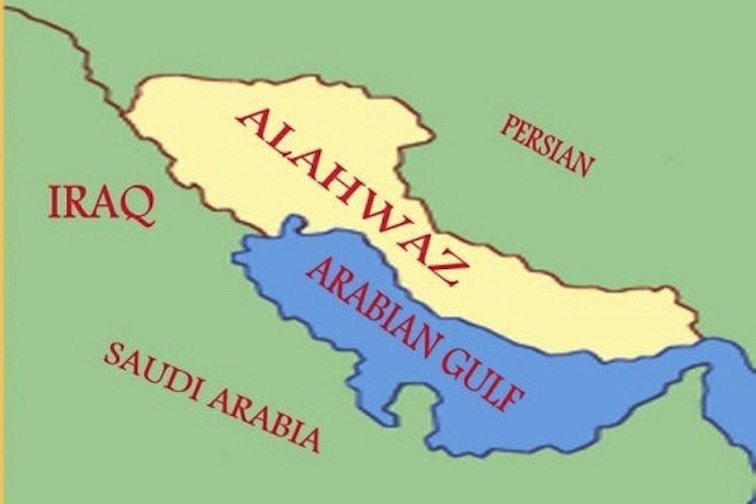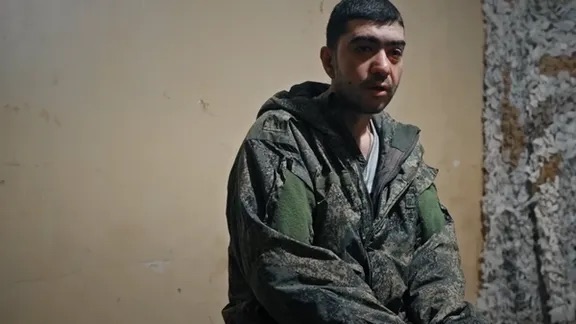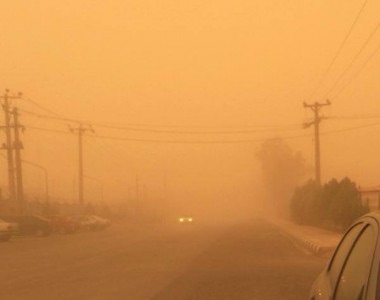Ahwaz, also referred to by the Iranian regime as Khuzestan, is a region located in the southwest of what is now called Iran, adjacent to the Arabian Gulf and Iraq. Ahwaz is home to the Arab Ahwazi people, who have lived in the region for centuries. The roots of the Arab population in Ahwaz trace back to ancient times, and the area is known for its cultural and religious diversity, as well as its vast natural resources, particularly in oil and gas.
The History of Ahwaz
Throughout history, the Ahwaz region has been under the control of various empires, including Persian, Arab, and Islamic empires. In the early 20th century, Ahwaz was governed by local Arab sheikhs, most notably Sheikh Khazal al-Kaabi, who ruled the region for a period. In 1925, the Iranian state, led by Reza Shah Pahlavi, occupied Ahwaz and annexed it into Iran, deposing Sheikh Khazal. This sparked widespread dissatisfaction among the Arab population in the region.
Since then, Ahwaz has remained under Iranian rule, but many Ahwazi Arabs feel marginalized and oppressed due to government policies that some Arab groups see as discriminatory. During the Pahlavi era, strong efforts were made to promote Persian culture, and the Arabic language and customs were viewed with suspicion.
Cultural and Religious Identity
Ahwazi Arabs hold on to their Arabic language and traditions, which distinguish them from Persians and other peoples subjugated by Iran, such as the Baloch, Azeris, and Kurds. Although many Ahwazi Arabs follow the Shia sect, which is the official religion in Iran, there is also a Sunni minority among them. This religious difference sometimes deepens the sense of marginalization among Ahwazis, as it is believed that religious freedoms are limited. Sunni practices are reportedly banned in Ahwaz, and the Iranian regime has imprisoned many Sunni clerics.
Culturally, maintaining the Arabic language is a challenge under Iranian policies that enforce Persian as the primary language in education, media, and public life. Many Arab activists call for broader cultural rights, including the right to teach children in Arabic and to produce media aimed at their native language.
Political Struggle and Human Rights
Over the decades, Ahwaz has witnessed numerous revolts and uprisings against the Iranian occupation. The frequency of protests fluctuates under different Iranian regimes, whether during the monarchy of the Shah or the Islamic Republic. Protest forms have varied, with Arabs demanding greater rights and expanded autonomy. Many political movements have turned into organizations calling for independence from Iran, while others focus on improving living conditions and protecting cultural identity, especially those living under Iranian control in Ahwaz.
Protests and political activities in Ahwaz are often met with severe repression by the Iranian government. There have been reports of mass arrests and death sentences against Ahwazi activists, as part of strict security policies aimed at countering what the Iranian regime calls separatist aspirations.
International human rights organizations, such as Amnesty International and Human Rights Watch, have documented human rights violations against Ahwazis, including political repression and economic and cultural discrimination.
Economic and Environmental Challenges
Although Ahwaz is one of the wealthiest regions in Iran in terms of natural resources, particularly oil and gas, Ahwazi Arabs feel they do not receive a fair share of these riches. The region suffers from high unemployment rates and widespread poverty, despite Ahwaz being considered the backbone of the Iranian economy.
Additionally, Ahwaz faces serious environmental challenges, including air pollution from the oil and gas industries and drought caused by river diversions affecting the region. These environmental crises worsen the hardships of the local population, who traditionally rely on agriculture and fishing for their livelihoods.
International Relations and External Attention
Although the Ahwazi issue has not garnered widespread international attention, some Arab countries occasionally express support for the Ahwazi Arab cause as part of regional competition with Iran. However, this support is often limited to statements and political rhetoric without being translated into concrete actions.
Conclusion
Ahwaz represents a complex issue where ethnic, political, and economic challenges intersect. Ahwazi Arabs feel marginalized by the Iranian government and demand their rights in terms of cultural identity, economic development, self-governance, and even independence. On the other hand, the Iranian government views protests and political movements in Ahwaz as a threat to national unity. The Ahwazi issue remains unresolved and continues to escalate over time, making the future of this region dependent on political developments both within Iran and at the regional level.



